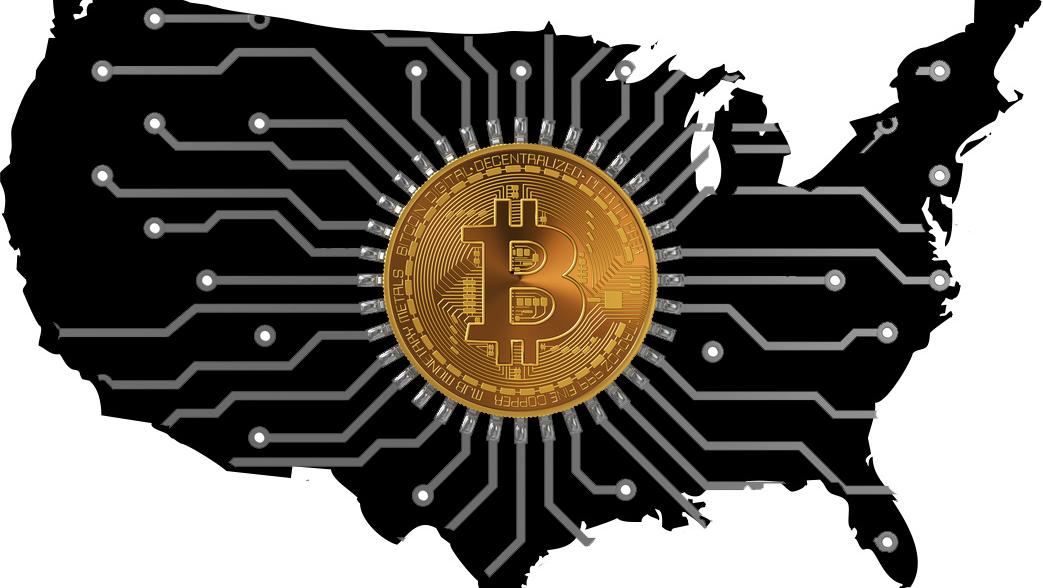PALO ALTO, Calif. (Reuters) - The Federal Reserve is taking a look at a broad variety of problems around digital payments and currencies, including policy, style and legal factors to consider around possibly issuing its own digital currency, Governor Lael Brainard stated on Wednesday. Brainard's remarks recommend more openness to the possibility of a Fed-issued digital coin than in the past." By transforming payments, digitalization has the possible to provide higher worth and convenience at lower cost," Brainard said at a conference on payments at the Stanford Graduate School of Service.
Central banks globally are debating how to handle digital financing technology and the dispersed ledger systems utilized by bitcoin, which promises near-instantaneous payment at possibly low cost. The Fed is developing its own round-the-clock real-time payments and settlement service and is presently reviewing 200 comment letters submitted late in 2015 about the proposed service's design and scope, Brainard said.
Less than 2 years ago Brainard informed a conference in San Francisco that there is "no compelling demonstrated requirement" for such a coin. But that was before the scope of Facebook's digital currency aspirations were commonly known. Fed authorities, consisting of Brainard, have actually raised concerns about consumer protections and data and privacy risks that might be posed by a currency that could enter into use by the third of the world's population that have Facebook accounts.
" We are working together with other reserve banks as we advance our understanding of reserve bank digital currencies," she stated. With more countries checking out issuing their own digital currencies, Brainard said, that contributes to "a set of factors to likewise be making sure that we are that frontier of both research and policy advancement." In the United States, Brainard stated, problems that need research study include whether a digital currency would make the payments system much safer or easier, and whether it might pose financial stability risks, including the possibility of bank runs if money can be turned "with a single swipe" into the central bank's digital currency.
To counter the monetary damage from America's unmatched national lockdown, the Federal Reserve has taken extraordinary actions, consisting of flooding the economy with dollars and investing directly in the economy. The majority of these relocations received grudging acceptance even from numerous Fed doubters, as they saw this stimulus as required and something only the Fed what is the fed coin might do.
My new CEI report, "Government-Run Payment Systems Are Risky at Any Speed: The Case Against Fedcoin and FedNow," details the threats of the Fed's current prepare for its FedNow real-time payment system, and propositions for main bank-issued cryptocurrency that have been called Fedcoin or the "digital dollar." In my report, I talk about Visit the website concerns about personal privacy, data security, currency manipulation, and crowding out private-sector competitors and innovation.

Advocates of FedNow and Fedcoin say the government needs to create a system for payments to deposit immediately, rather than motivate such systems in the economic fedcoin stock sector by lifting regulatory barriers. However as noted in the paper, the economic sector is offering a relatively limitless supply of payment innovations and digital currencies to solve the problemto the extent it is a problemof the time space in between when a payment is sent and when it is received in a savings account.
And the examples of private-sector innovation in this area are many. The Cleaning House, a bank-held cooperative that has actually been routing interbank payments in different types for more than 150 years, has actually been clearing real-time payments given that 2017. By the end of 2018 it was covering 50 percent of the deposit base in the U.S.